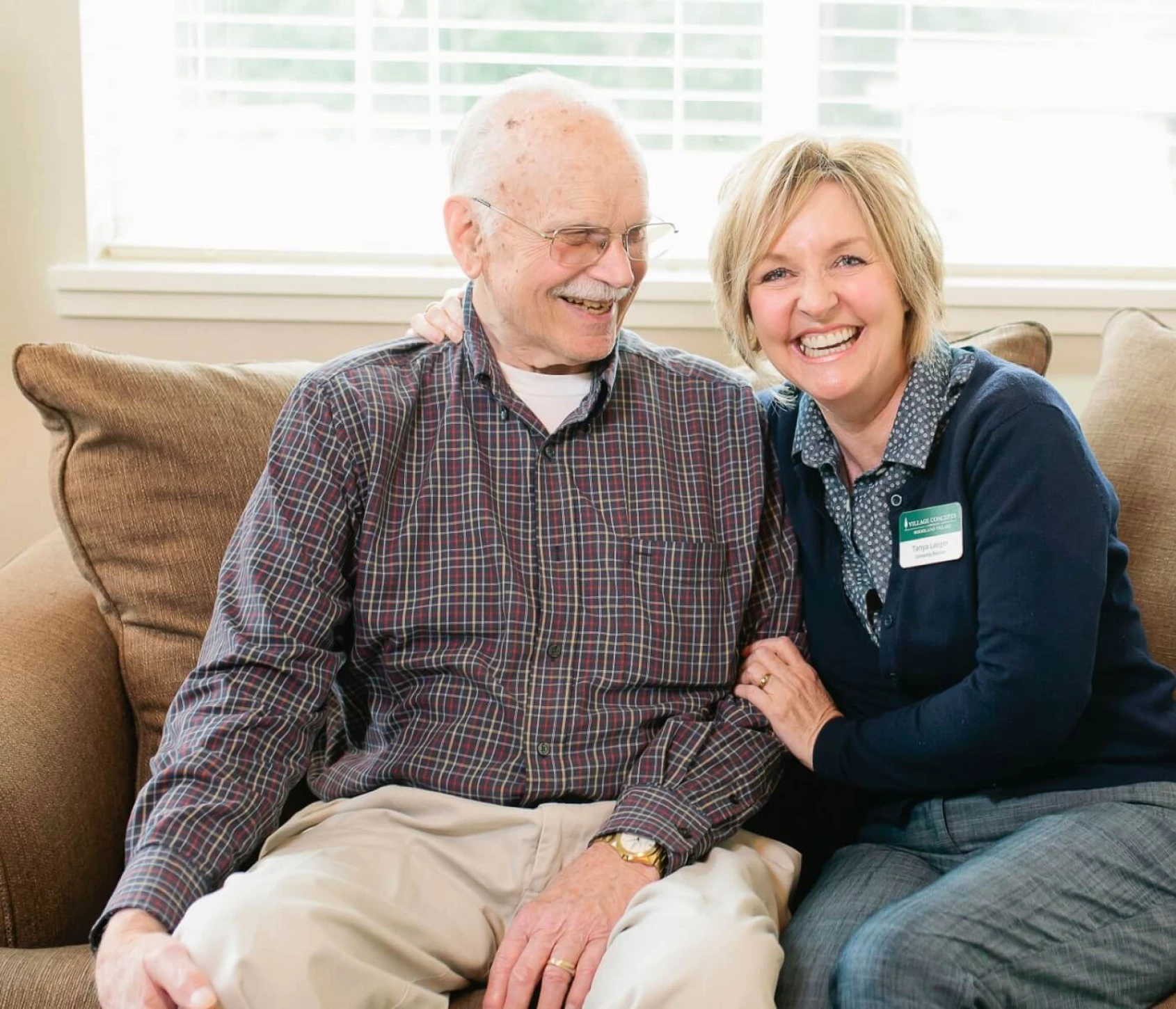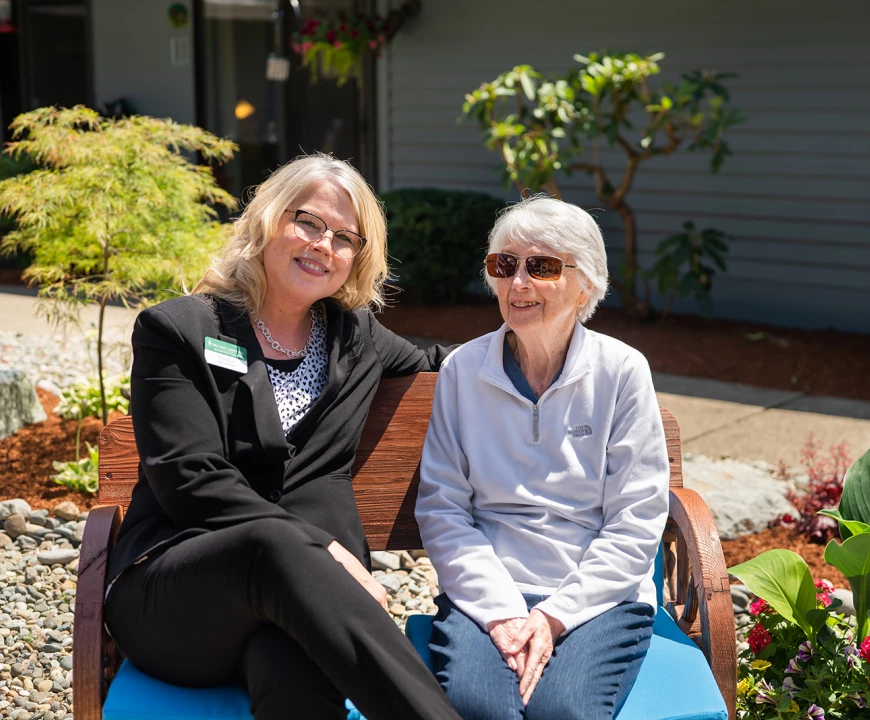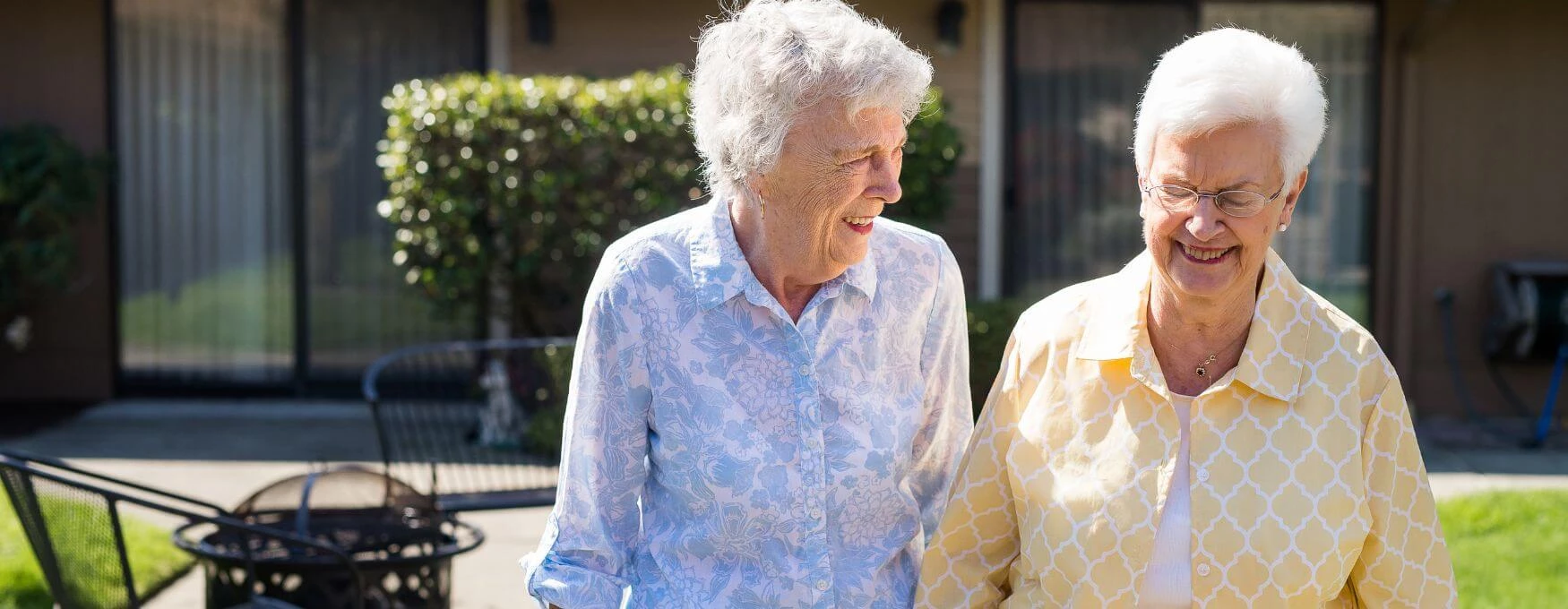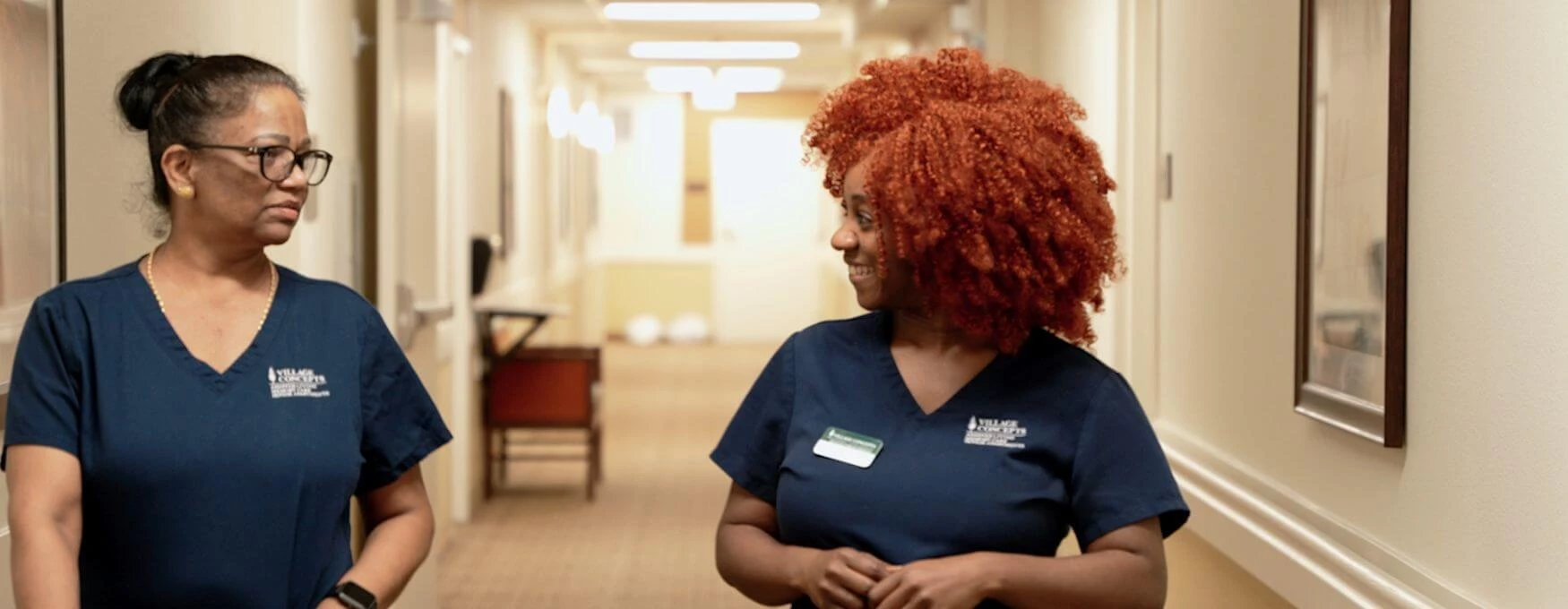
In 2025, Village Concepts will proudly celebrate 50 years of service as a family-owned company with three generations of experience. We are dedicated to creating warm, vibrant spaces where seniors can thrive. For us, it’s more than just providing quality care—it’s about fostering a true sense of community where everyone feels at home and connected. Join us as we celebrate this milestone and discover why our residents love living here.

Whether you are here for yourself or a loved one, we can help you get started
From taking your first steps to exploring your next options, we're here to partner with you as you search for the perfect community that fits you or your loved one's needs.
Beyond care and support, we're an extension of your family

Living & care options that fit your needs






Search for a Community
Visit one of our communities located across Western Washington


Promoting active lifestyles & creating an environment to thrive
From daily engaging activities to nutritious dining options, it can all be found here.

Our difference starts with our people
The Brown Family Legacy
The solid reputation of the Brown family in the long-term care industry has been a huge part of our success. Our story began in Washington State and we continue to serve seniors and their families in the greater Tacoma and Seattle area. As we've grown, our focus has always been on expanding our services to better meet the needs of our local communities.
Our difference starts with our people

Where Do I Start?
Whether you are here for yourself or a loved one, we're here to help.








